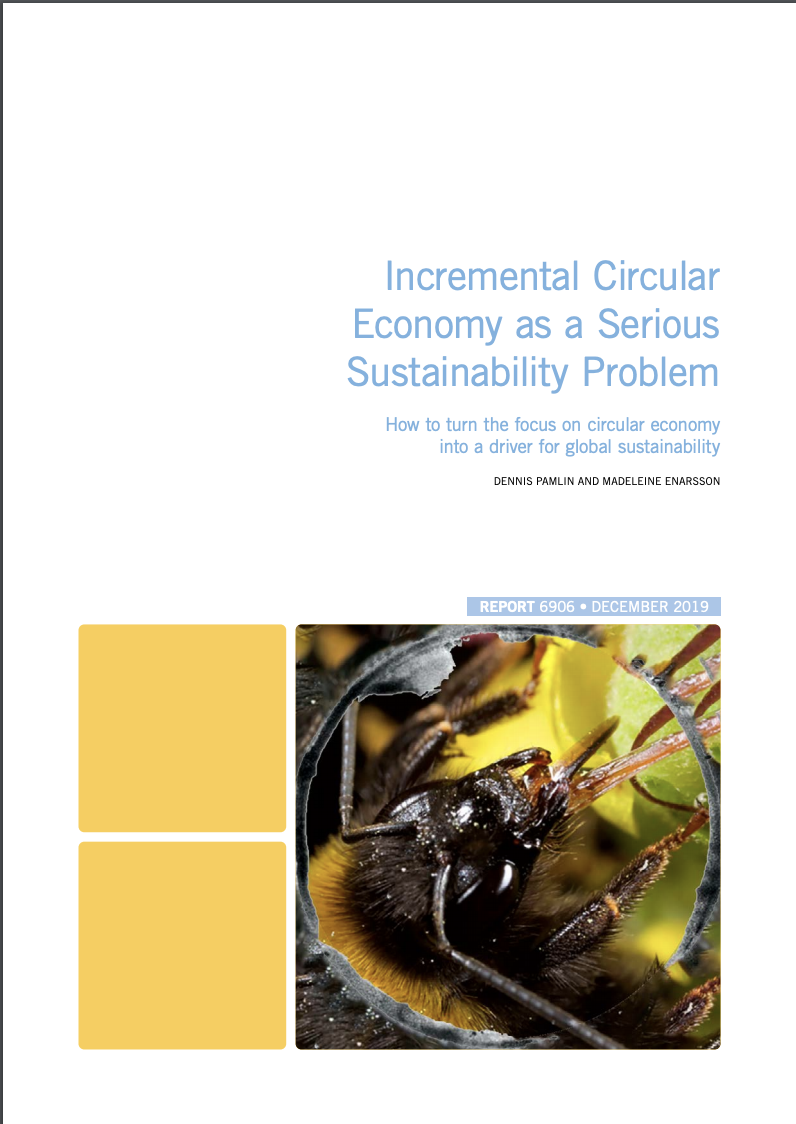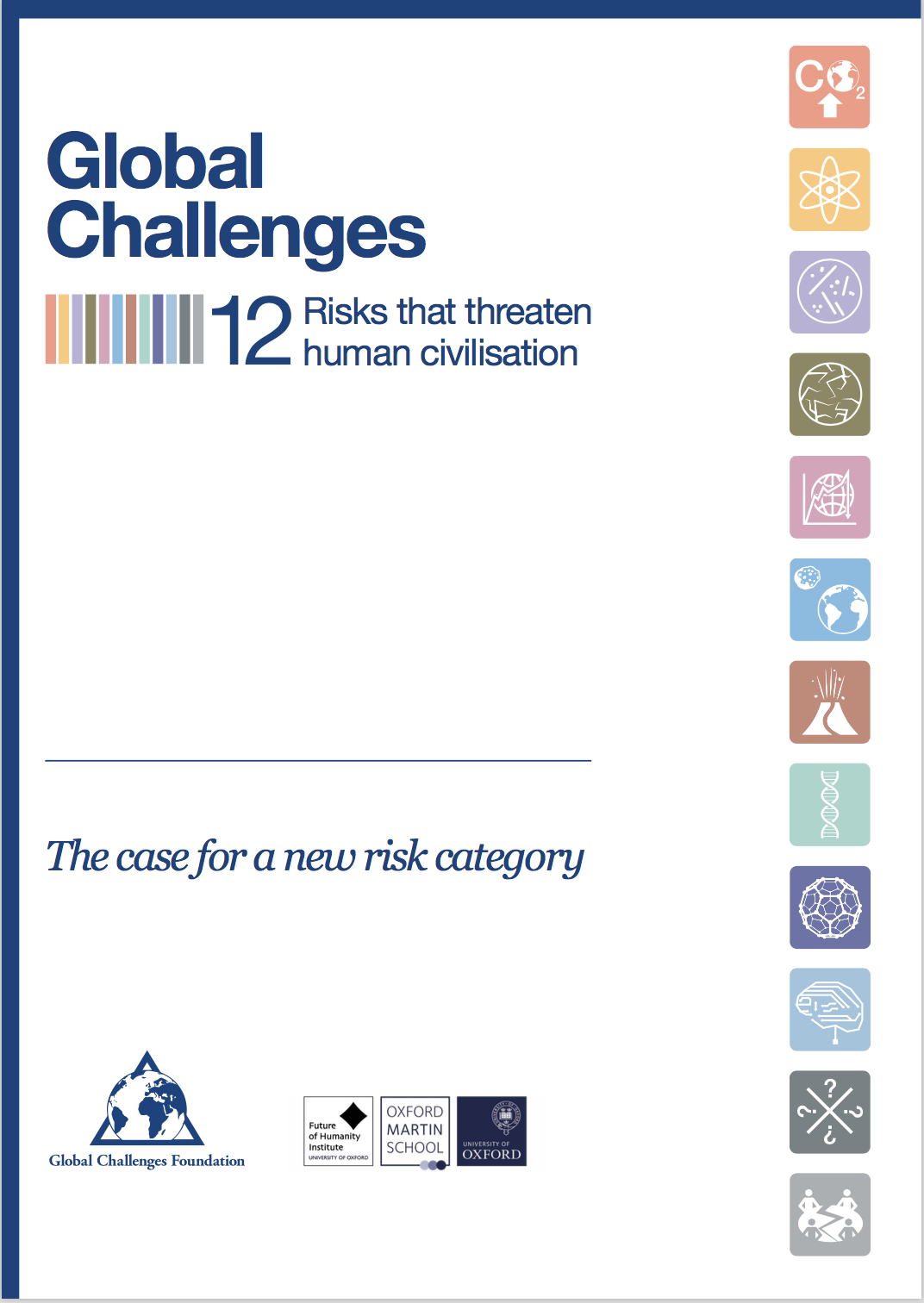Assessment of Global Low-Carbon and Environmental Leadership in the ICT Sector (Report)
/Role: author with Simon Mingay
Summary
With increased pressure to reduce carbon emissions, enterprises are approaching this new situation in very different ways. Some are still struggling to assess their own business environmental and climate impact. Other enterprises approach the need to reduce carbon emissions among customers as an opportunity to move beyond their relatively smaller direct impact and also focus on the opportunity that low-carbon ICT services can provide. The difference in how companies approach the need for a low- carbon economy is creating a new corporate landscape where new winners and losers will emerge and where ICT customers must learn to navigate. This is an assessment of 24 of the industry's world-leading providers and an analysis of where the ICT industry is today in relation to its maturity in mitigating environmental risks and exploiting the opportunities that the need for reduced carbon emissions will create.
Key Findings
2008 has seen the emergence of some low-carbon "leaders" in the ICT industry. They are just starting to wake up to the risks and opportunities of climate change, and move beyond pushing a more energy-efficient device. However, on the whole, the industry has been sleepwalking toward a low-carbon economy. 2009 will see rapid progress.
There is frequently more talking than there is action on behalf of the ICT providers. The results show those who need to make significant steps forward if their actions are to match their marketing.
Some of the "self-professed" leaders in environmental performance have some significant weaknesses in their programs.
Most providers still view "the environment" and "climate change" as a risk rather than as an opportunity.
Most ICT technology providers have outsourced most, if not all, manufacturing. So looking at the vendors' performance is looking at the tip of the iceberg — which is further compounded by most of those vendors only looking at the environmental performance of their Tier 1 suppliers.
Service organizations are quite immature in their environmental programs and their innovation for a low-carbon economy.
There is a lack of interindustry partnerships to create innovative solutions to tackle high- carbon areas of the economy.
© 2008 Gartner, Inc. and/or its Affiliates. All Rights Reserved. Reproduction and distribution of this publication in any form without prior written permission is forbidden. The information contained herein has been obtained from sources believed to be reliable. Gartner disclaims all warranties as to the accuracy, completeness or adequacy of such information. Although Gartner's research may discuss legal issues related to the information technology business, Gartner does not provide legal advice or services and its research should not be construed or used as such. Gartner shall have no liability for errors, omissions or inadequacies in the information contained herein or for interpretations thereof. The opinions expressed herein are subject to change without notice.
The vendors from Asia (not Japan) are still lagging behind but some have begun to put comprehensive programs in place, and it is likely that they will move rapidly to the front in this area, driven by the urgent needs for low-carbon solutions in their domestic markets.
Fifteen of the 24 providers invited to participate did so, which is a good level of commitment from the industry. However, nine providers chose not to participate. With one exception, we believe that reflects their immaturity in environmental and low-carbon leadership.
This is a rapidly changing area.



































